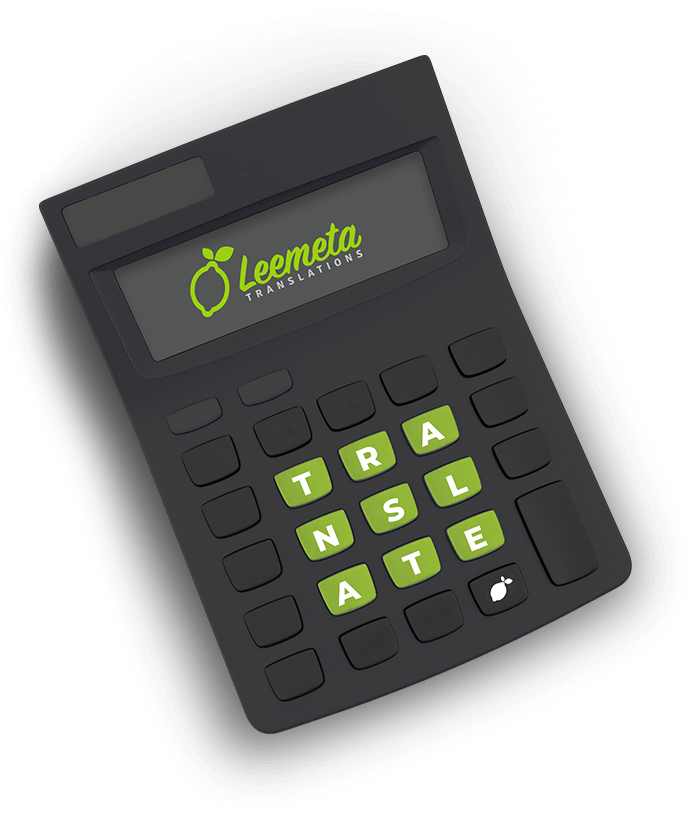Is German hard to learn?
People often wonder, how hard is it to learn German? Many who are interested in the language or actively learning it find German particularly difficult. But what exactly makes it so challenging? We believe the primary issue lies in its grammar, which creates difficulties for many learners.
Without beating around the bush, it’s important to mention that German is not the hardest language in the world—languages like Finnish and Hungarian are often considered more difficult, especially in terms of grammar. Finnish, for instance, has 15 grammatical cases, while German only has four. Yet, these still pose problems for learners, making them ask, is German hard to learn?
So, why is German perceived as so difficult? The answer lies in various aspects: grammar, long words, and sentence structure all present challenges for non-native speakers.
Sentence Structure Confusion
Unlike other languages, German has a unique sentence structure with many grammatical cases. Learners often apply the sentence structure of their own language when learning German, which leads to mistakes.
Differences Compared to Spanish, English, and Other Languages
A striking difference between German and other languages is the capitalization of all nouns, which is uncommon in languages like English or Spanish. Furthermore, German has three articles ("der", "die", and "das"), while languages like Spanish and French only use two. English simplifies things with just one: "the".
Another issue for non-native speakers is the ambiguity in German words. For example, the word sie can mean "she," "they," or be a formal form of "you," which can confuse learners.
Long Compound Words
One of the most famous aspects of German is its long compound words, which have become internationally notorious. Words like Grundstücksverkehrsgenehmigungszuständigkeitsübertragungsverordnung are known as "tongue twisters". These lengthy words, some up to 67 letters long and can be overwhelming for learners.
Grammar Doesn’t Always Make Sense
In addition to complex sentence structures, long words, and multiple articles, German grammar presents other challenges. For instance, adjective declensions have multiple endings that depend on the noun’s gender, case, and number. Additionally, verb forms like the perfect, past, and future tenses can be tricky for learners to master. Fixed noun-verb combinations and prepositions that change according to the grammatical case also add to the difficulty.
To wrap up this discussion about the complexity of the German language, if you're curious about how German compares to other challenging languages, we invite you to check out our other blog: The Hardest Languages to Learn and How to Make It Easier. It explores which languages pose the biggest challenges to learners and provides useful tips for tackling them, including German!













Add new comment